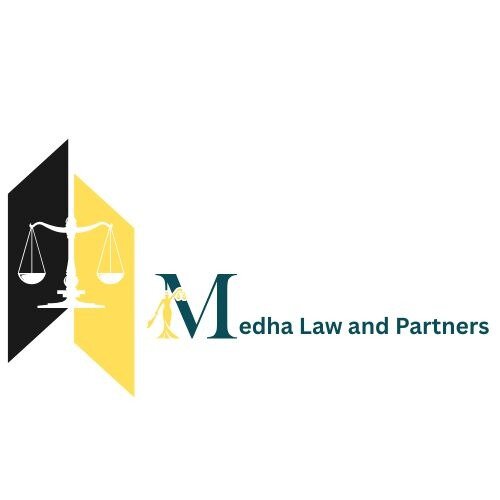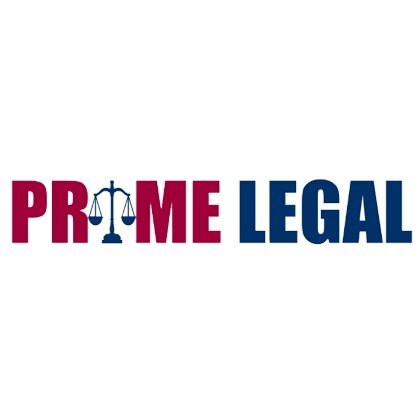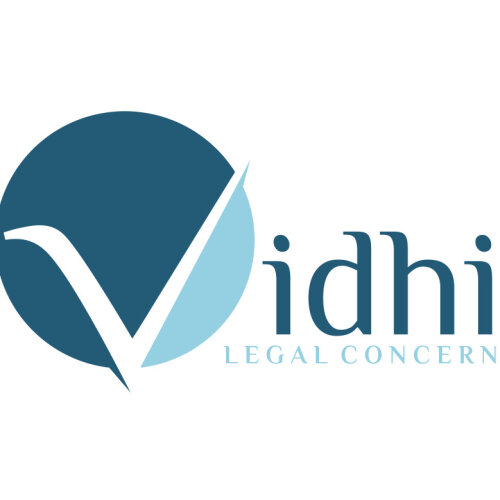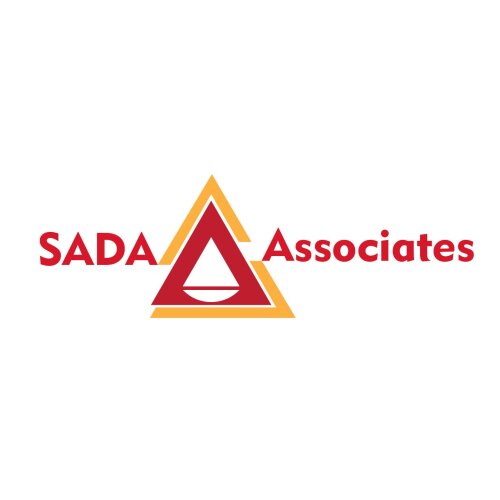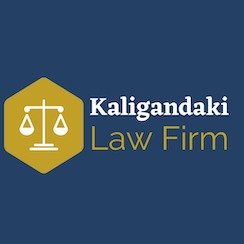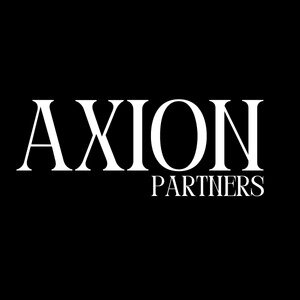Best FDA Law Lawyers in Kathmandu
Share your needs with us, get contacted by law firms.
Free. Takes 2 min.
List of the best lawyers in Kathmandu, Nepal
About FDA Law in Kathmandu, Nepal
FDA Law in Kathmandu, Nepal refers to the set of laws, regulations, and guidelines concerning the safety, quality, and effectiveness of food, drugs, and related products. In Nepal, these areas are primarily regulated by the Department of Drug Administration (DDA) and the Department of Food Technology and Quality Control (DFTQC), both operating under the Ministry of Health and Population. The governing laws aim to protect public health by regulating the manufacture, import, storage, distribution, and sale of food and pharmaceutical products within Kathmandu and across Nepal.
Why You May Need a Lawyer
There are several situations where individuals, businesses, or professionals may require the assistance of a legal expert specializing in FDA Law in Kathmandu:
- Registering or licensing a new pharmaceutical drug, medical device, or food product
- Dealing with import or export regulations for medicines or food items
- Facing investigations or sanctions due to alleged non-compliance with FDA rules
- Challenging the seizure or recall of products by regulatory authorities
- Understanding labelling and advertising requirements for regulated products
- Defending against allegations of adulteration, misbranding, or false claims
- Resolving disputes with authorities, suppliers, or consumers
- Seeking compliance guidance to avoid future legal issues
A lawyer can interpret complex statutes, represent you before regulators or the courts, and help avoid legal pitfalls that could jeopardize your business or personal interests.
Local Laws Overview
The legal framework for FDA Law in Kathmandu is based on several acts, regulations, and guidelines:
- Drugs Act, 2035 (1978): Sets out requirements for the production, import, distribution, and sale of pharmaceuticals and medical devices; and establishes the DDA as the regulatory authority.
- Food Act, 2023 (1966): Regulates the quality standards for food to safeguard consumer health, prohibiting the sale of contaminated or adulterated food products.
- Additional Guidelines and Orders: Both DDA and DFTQC regularly issue guidelines relating to Good Manufacturing Practices (GMP), labelling, recall procedures, pharmacy licensing, and product-specific requirements.
Strict penalties can apply for non-compliance, including fines, imprisonment, revocation of business licenses, and confiscation of products. Regular inspections and audits are common, and legal procedures must be followed for appeals or disputes.
Frequently Asked Questions
What is the primary law regulating medicines in Nepal?
The primary law is the Drugs Act, 2035 (1978), which governs the manufacture, import, sale, and distribution of medicines and medical devices.
Which authority oversees food safety in Kathmandu?
The Department of Food Technology and Quality Control (DFTQC) is the main governmental body regulating food quality and safety.
Do I need a license to import pharmaceuticals into Nepal?
Yes, importers must obtain the relevant licenses from the Department of Drug Administration, adhering to all import policies and quality assurance requirements.
What are the penalties for selling adulterated food or drugs?
Penalties can include product confiscation, hefty fines, imprisonment, and revocation of business licenses depending on the severity of the violation.
How are medical devices regulated in Kathmandu?
Medical devices are regulated under the Drugs Act and require registration, quality assessment, and adherence to import and sale guidelines issued by the DDA.
Is product labelling regulated for food and pharmaceuticals?
Yes, the law specifies strict labelling requirements for both food and pharmaceuticals, including ingredient lists, expiry dates, batch numbers, and warnings.
Can my product be banned or recalled by regulators?
Yes, the DDA or DFTQC can order product recalls or bans if public health is at risk or if products are found to be non-compliant with standards.
What recourse do I have if my product is seized by authorities?
You may have the right to appeal or challenge the seizure through administrative or judicial processes. A lawyer can guide you on the proper procedures and timelines.
How do I ensure my manufacturing facility is compliant?
Ensure your facility meets Good Manufacturing Practice (GMP) standards, maintains adequate records, passes regular inspections, and keeps up-to-date with changes in relevant regulations.
Where can I file a consumer complaint regarding food or drugs?
Consumer complaints can be filed with the DFTQC for food issues or with the DDA for drug-related matters. These authorities will investigate and take appropriate action.
Additional Resources
For more information or support related to FDA Law in Kathmandu, the following organizations and bodies can assist:
- Department of Drug Administration (DDA)
- Department of Food Technology and Quality Control (DFTQC)
- Ministry of Health and Population, Nepal
- Consumers' Welfare Protection Forum Nepal
- Nepal Chemists and Druggists Association
- Federation of Nepalese Chambers of Commerce and Industry (FNCCI) - Health Sector
- Legal aid clinics specializing in health and consumer law
Next Steps
If you believe you require legal help involving FDA Law in Kathmandu, take the following steps:
- Gather all relevant documentation, such as licenses, registration certificates, inspection reports, and correspondence with authorities.
- Identify the exact nature of your issue, whether it involves compliance, dispute resolution, product recall, or regulatory approval.
- Seek out a qualified lawyer who specializes in FDA Law or regulatory affairs in Nepal.
- Prepare a list of questions and concerns to discuss during your consultation to ensure all critical points are covered.
- If necessary, engage with local regulatory bodies for preliminary guidance or clarifications before formal legal proceedings.
Acting promptly and consulting with a legal expert can help resolve your issue more effectively, ensure your compliance with the law, and safeguard your business or personal interests.
Lawzana helps you find the best lawyers and law firms in Kathmandu through a curated and pre-screened list of qualified legal professionals. Our platform offers rankings and detailed profiles of attorneys and law firms, allowing you to compare based on practice areas, including FDA Law, experience, and client feedback.
Each profile includes a description of the firm's areas of practice, client reviews, team members and partners, year of establishment, spoken languages, office locations, contact information, social media presence, and any published articles or resources. Most firms on our platform speak English and are experienced in both local and international legal matters.
Get a quote from top-rated law firms in Kathmandu, Nepal — quickly, securely, and without unnecessary hassle.
Disclaimer:
The information provided on this page is for general informational purposes only and does not constitute legal advice. While we strive to ensure the accuracy and relevance of the content, legal information may change over time, and interpretations of the law can vary. You should always consult with a qualified legal professional for advice specific to your situation.
We disclaim all liability for actions taken or not taken based on the content of this page. If you believe any information is incorrect or outdated, please contact us, and we will review and update it where appropriate.






